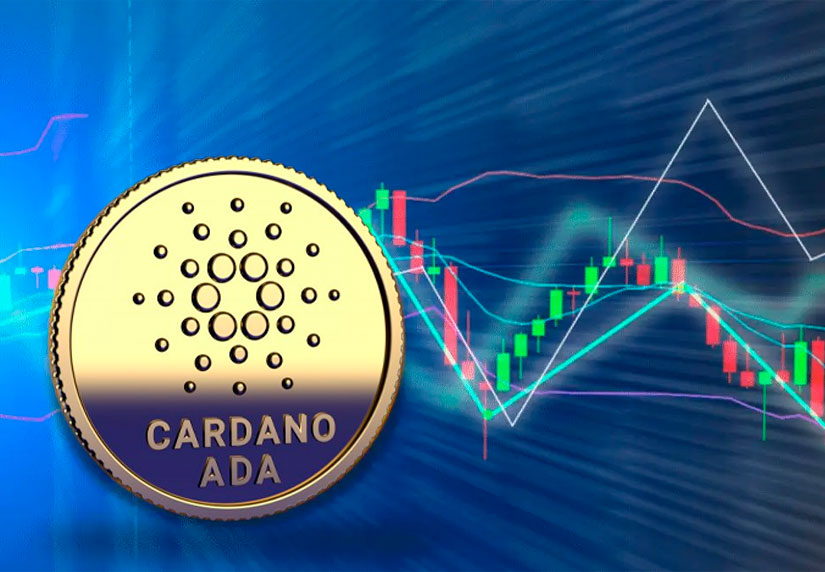Cardano (ADA) is showing remarkable strength today as it follows the wider digital currency market that has rebounded strongly with a 5.79% increase in the total crypto market value, which stands at $1.25 trillion. Along with the trend, Cardano is trading for $0.348, up by 21.11% in the last 24 hours, following the court ruling favorable to Ripple (XRP), calling it “not a security” when sold to retail investors.
This decision has had a positive effect on other cryptocurrencies that had also been marked as securities by the SEC, such as Ethereum (ETH), Binance Coin (BNB), and Cardano itself. This indicates that investors believe that these coins are not securities and that they have potential for growth in the market.
Before the court ruling that came out on the previous day, Cardano had been trading in a narrow band for the last four weeks, with the price fluctuating between a minimum of $0.2553 and a maximum of $0.3027.
Cardano is a smart contract platform that strives to offer a more scalable, secure, and sustainable choice to Ethereum. Its native token, ADA, is the fifth-largest cryptocurrency by market capitalization. Cardano’s rise is not only due to XRP’w victory but also due to other factors that have boosted its ecosystem.

The coin has reached a high level that it has not seen for several months, thanks to the recent growth it experienced. This trend suggests that Cardano could gain from the ruling in the coming period.
Is Cardano a Security or Not?
The Cardano Foundation swiftly challenged the SEC’s lawsuit against Coinbase and Binance, which labeled ADA and other digital assets, such as BNB, Solana (SOL), Decentraland (MANA), and Polygon (MATIC), as securities.
The regulator did not directly target Cardano, but its decision adversely affected the network’s native token, which was subsequently removed from major exchanges, such as Bakkt, eToro, and Robinhood.
The legal status of Cardano as a security is a crucial factor for its market potential. If the regulators do not clarify or change this status soon, many investors may be reluctant to support the token, fearing legal repercussions.
This is similar to what happened to XRP, which faced a long and costly lawsuit from the SEC that damaged its reputation and value.


